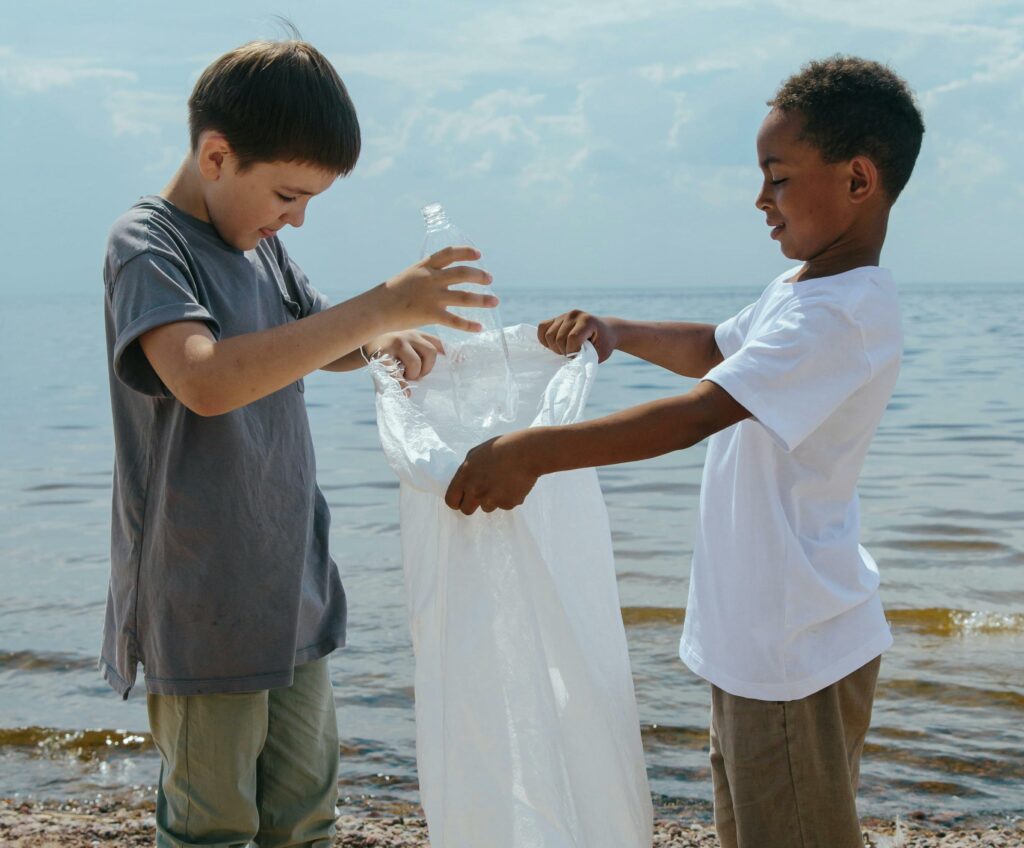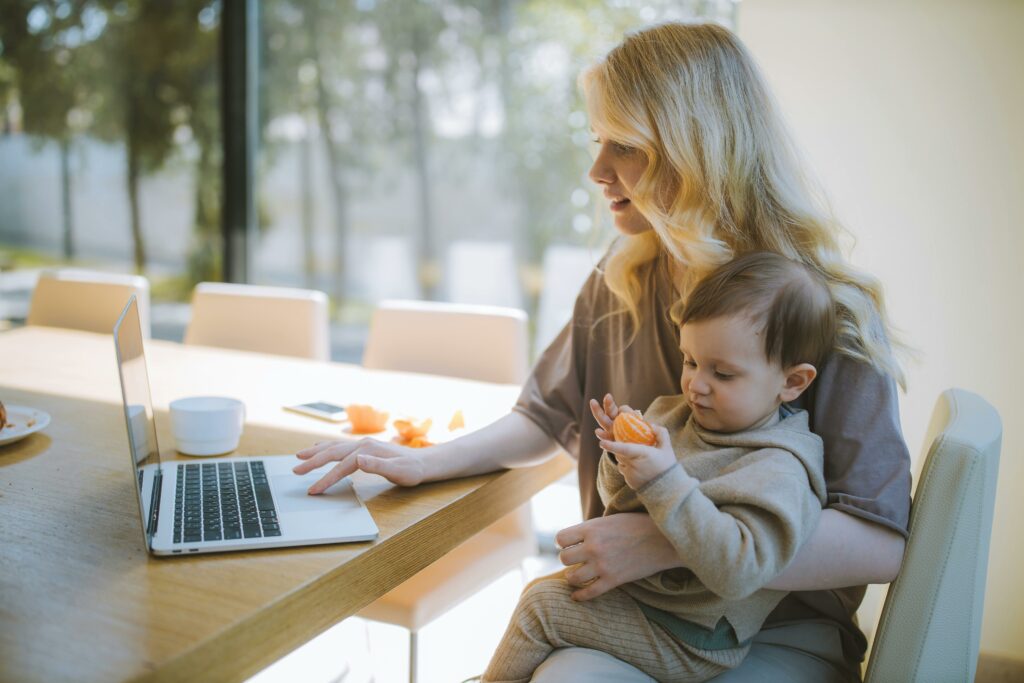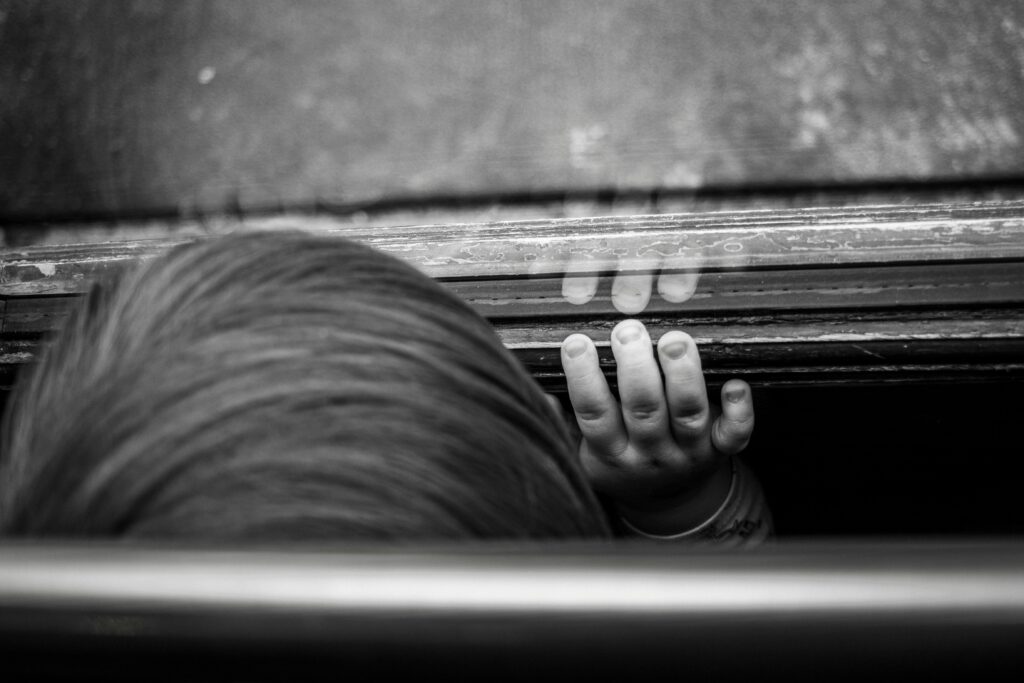We know children love to play, but it’s also key to their physical, emotional, and social development.
Play is so important that the American Academy of Pediatrics recently came out with a clinical report, The Power of Play: A Pediatric Role in Enhancing Development in Young Children. In it, it outlines how through play, children explore, learn, and develop essential skills that lay the foundation for their growth and help them thrive. Play helps them learn essential social skills, cope with stress, regulate their emotions, develop math and language skills, and more.
But statistics show that children have been getting less time to play. Busy school schedules, structured sports and activities, increased use of media and screens, and fewer safe places to play have reduced the amount of play time kids need.
At Pediatrics West, we agree that play is important (and fun!), so we are sharing some ideas to help introduce your child to new ways to play and power up their development.
Toys and Object Play
Play with toys and objects is especially important for babies and young children. This type of play helps them build sensory and fine motor skills, learn problem solve, and develop abstract thoughts. They experiment and learn about objects: what happens when they tap it, throw it, stack it, scoop with it, etc. Here’s some ideas to get your child engaged in toy and object play:
- Simple objects: You don’t need fancy toys to encourage play for young children. Open-ended items like empty containers, spoons, and blocks help develop your child’s creativity.
- Sensory Bins: Provide access to shallow tubs of water, sand or sensory-bins of noodles, rice, or beans to encourage experimentation. Add spoons, scoops, funnels and small toys and let me explore and experiment.
- Symbolic Play: Encourage your child to use different objects and pretend they are something else. You can invite them to play and get play started by using an object in a fun way. Use a block as a car and pretend to drive it around and make motor noises. Use a toy banana and and pretend to answer it like a phone.
Pretend Play
Pretend play allows children to try different social roles and make sense of what they observe or experience in the world. It builds creativity, language skills, and helps children learn to cooperate as well.
- Dress Up: You can encourage make believe by providing dress-up clothes. You don’t need a bunch of costumes—let your child use their creativity by providing materials like hats, scarves, and fabric for open-ended play.
- Make Believe: Playing make believe allows kids to try different roles and practice what they’ve seen or experienced. You can help enhance their play by helping them come up with props, such as pretend food for kitchen play, or shoe boxes and envelopes for playing mailman.
- Make a Fort: Nothing stirs up more excitement or imagination than building a tent out of sheets, blankets and pillows. Depending on what your child’s latest interests, you can make suggestions for play, such as making it a tent for camping, a den for pretending to be wolves or bears, a house for magical elves, or an ant hill or bee hive for pretending to be insects.
- Friend Play: Organize playdates with kids of similar ages to develop cooperative play and watch the pretend play take off.
Outdoor Play
There’s no question getting outside is great for kids. It encourages physical activity, develops motor skills, and engages all their senses as they explore their surroundings. It also improves mental health, enhances their mood, helps them sleep better, and improves concentration.
- Child-led Hiking: Instead of setting out on a hike for a destination, let your child lead the hike. Let them set the pace, choose where to stop, and explore your surroundings together. You may not get very far, but it will be a fun adventure for you both.
- Sand, Bubbles, and Mud Pies: The great thing about the outdoors is your child can be as messy as they want. You don’t need a giant sand box or mud pit. Just use a wide plastic storage bin, grab a few scoops or plastic bowls, and fill the bin with sand, bubbles or mud for your child to play and experiment with.
- Build Nature Art: Collect flowers, rocks, leaves, and twigs to create art. You also can create nature sculptures using play dough and sticking the objects into it.
Physical Play
Physical play is how your child develops gross motor skills, learns spatial awareness, and builds a foundation of fitness. It also can build awareness of how to be gentle with others’ bodies, such as how to tag someone gently or toss a ball without hurting someone.
- Try making an obstacle course on a sidewalk using chalk: Encourage them to try different movements like hop-scotch, jumping, crab-walking, and bear crawling.
- Introduce your kids to different sports: Sports are a great way to build gross motor skills, hand-eye coordination, and balance. When they are young, you can teach them to kick a ball or play catch. As they get older, they can join a team and try different sports.
- Organize a game of kickball with friends and family: This is an activity all ages will love and combines lots of sport skills.
- Visit different playgrounds: Visiting a variety of playgrounds will not only be fun for your kids, it will also allow them to try different physical skills and ignite their imagination in new locations.
- Bring back the “old-school” games: Don’t forget all the classic kids games you used to play as a kid, like Duck-Duck-Goose, Follow the Leader, or Simon Says. Here’s a quick list of ideas if you need to jog your memory.


